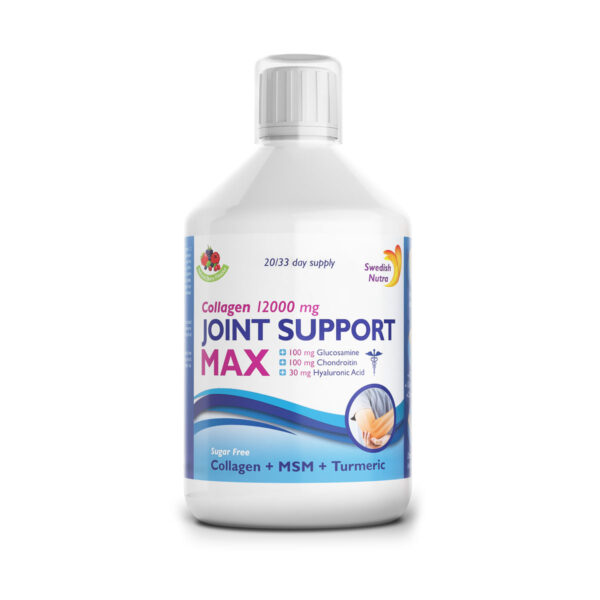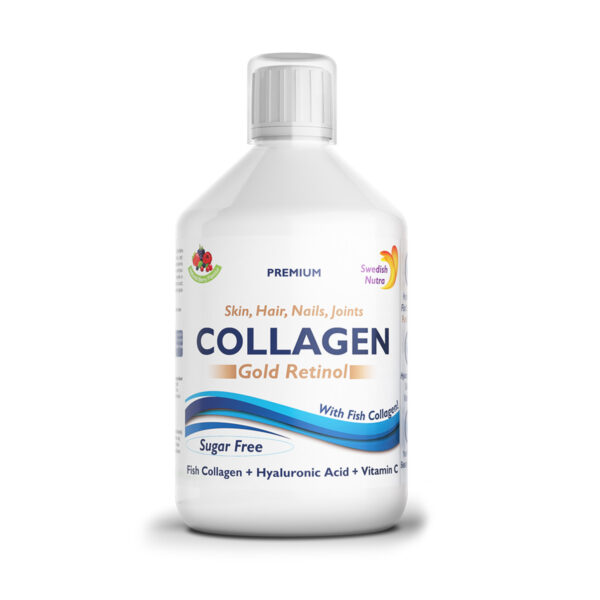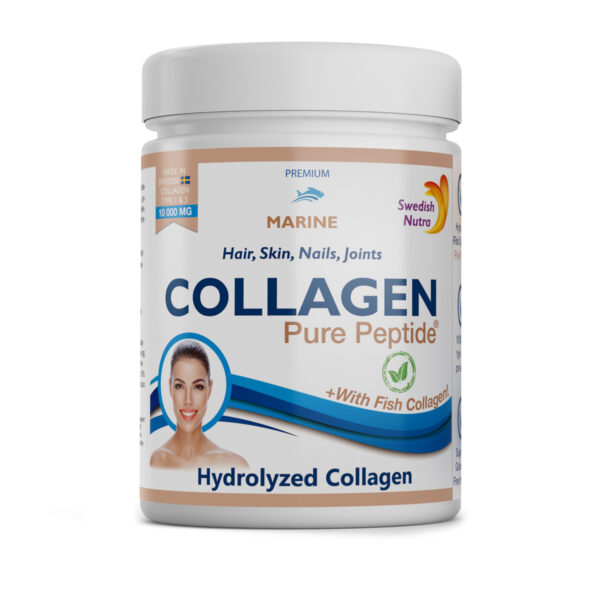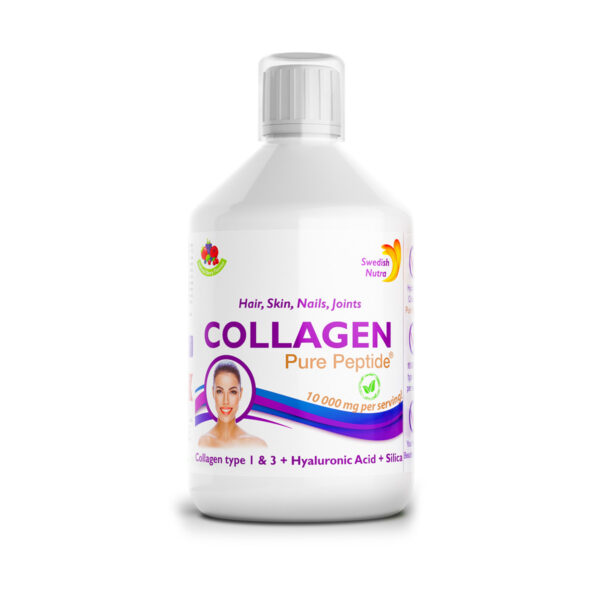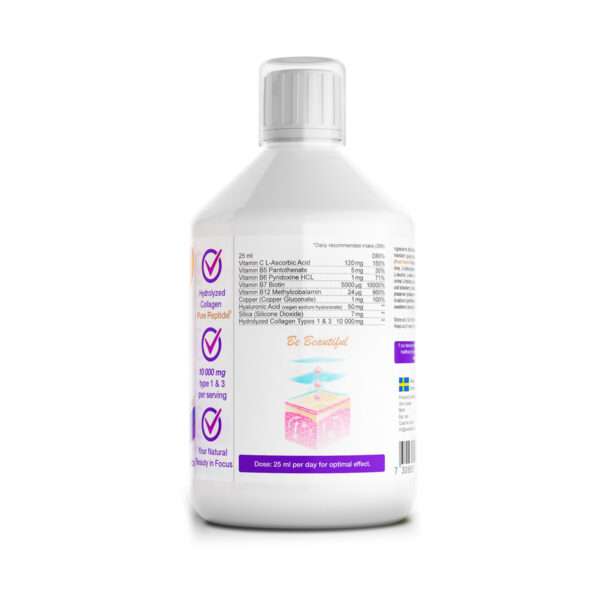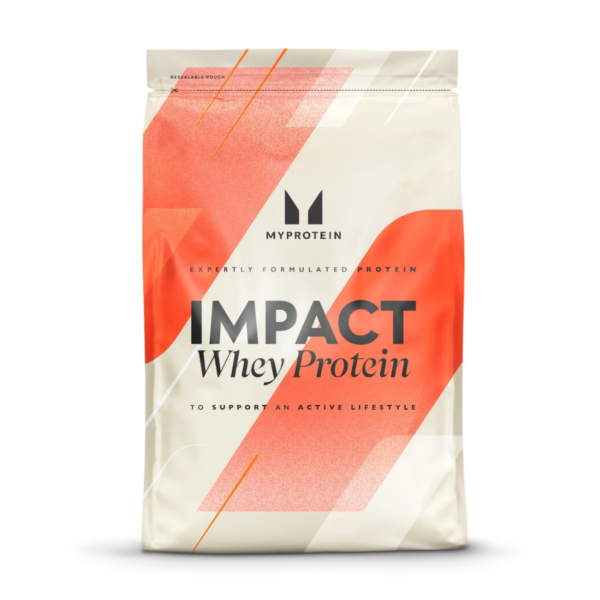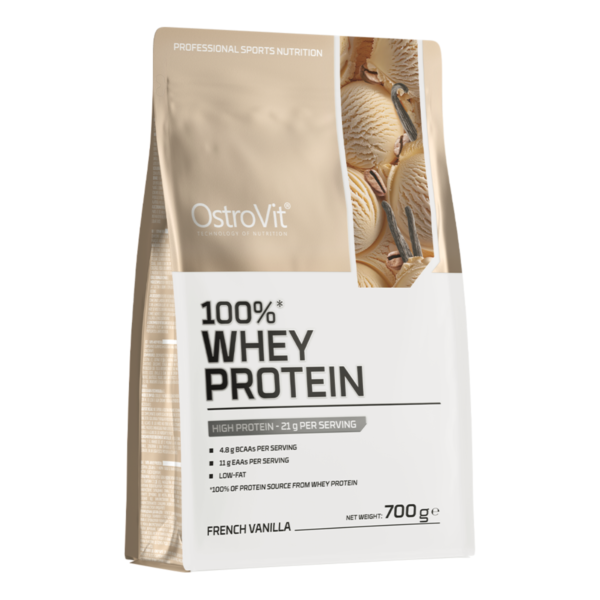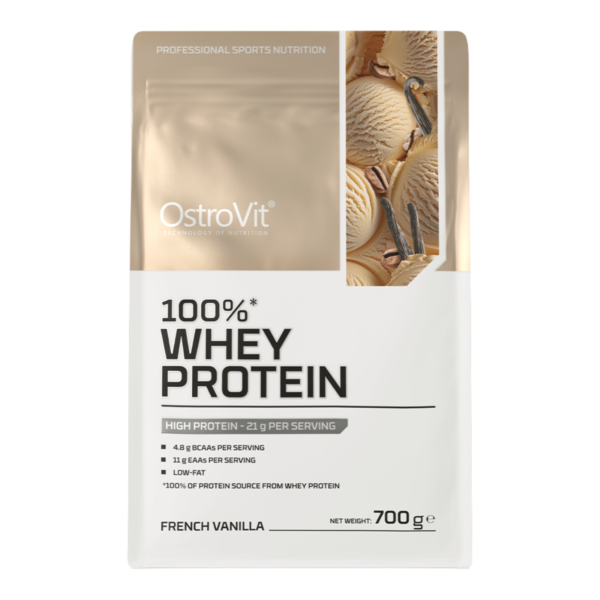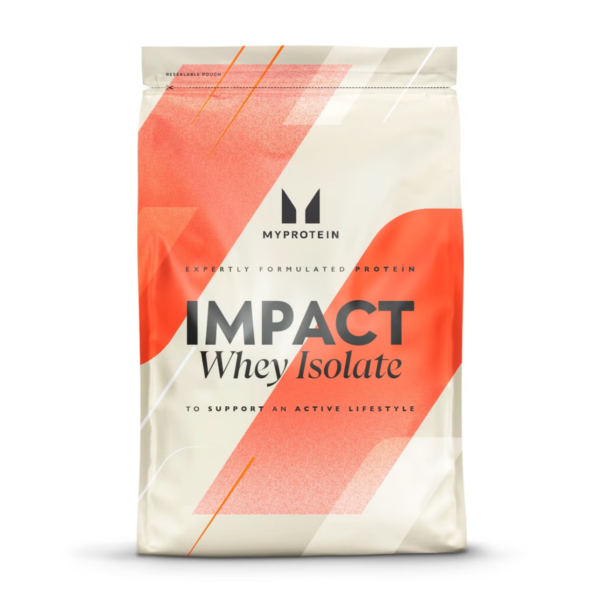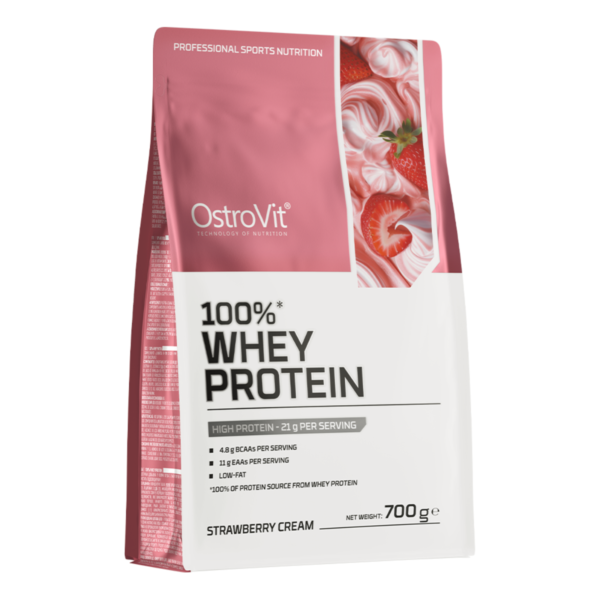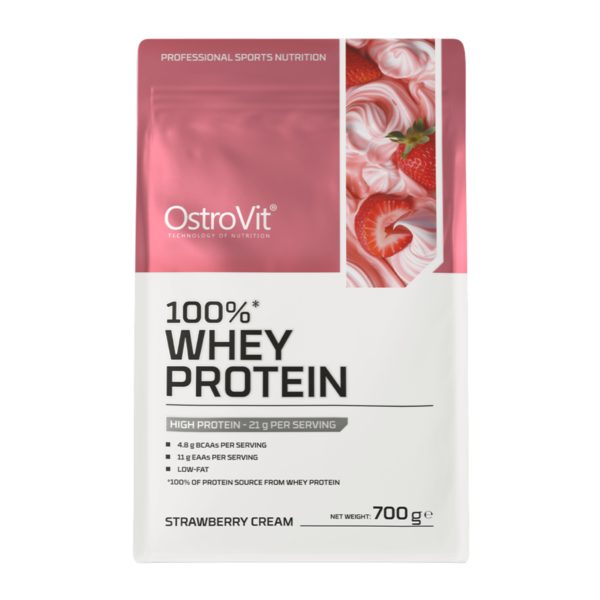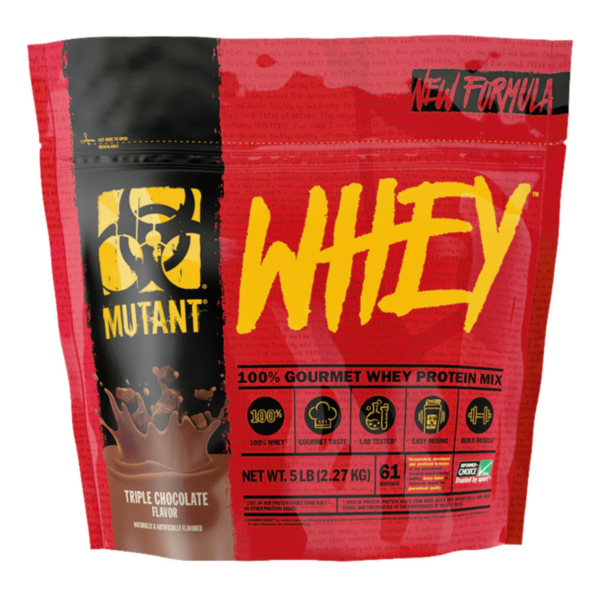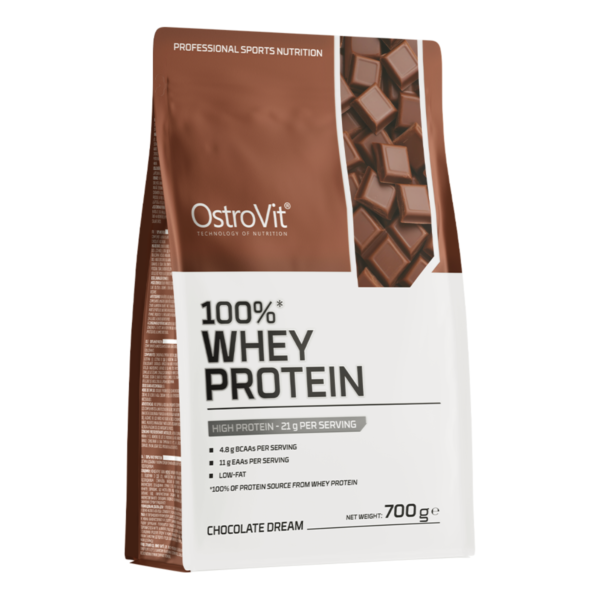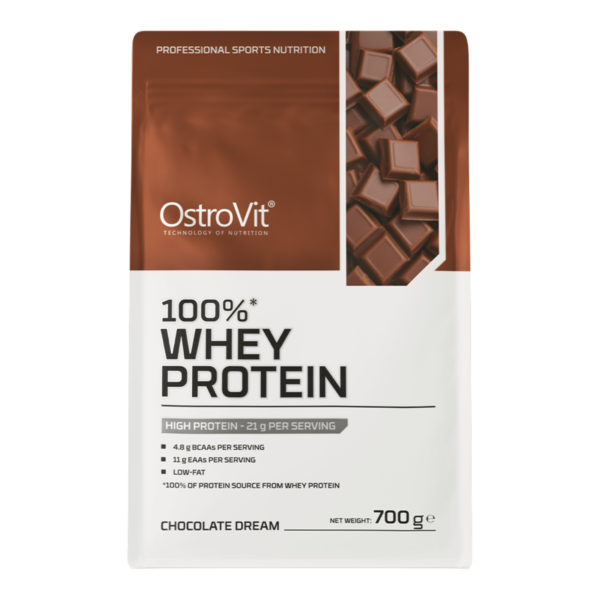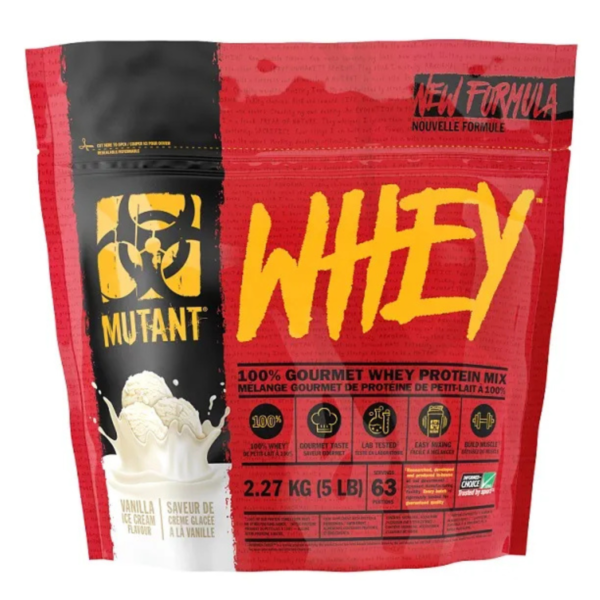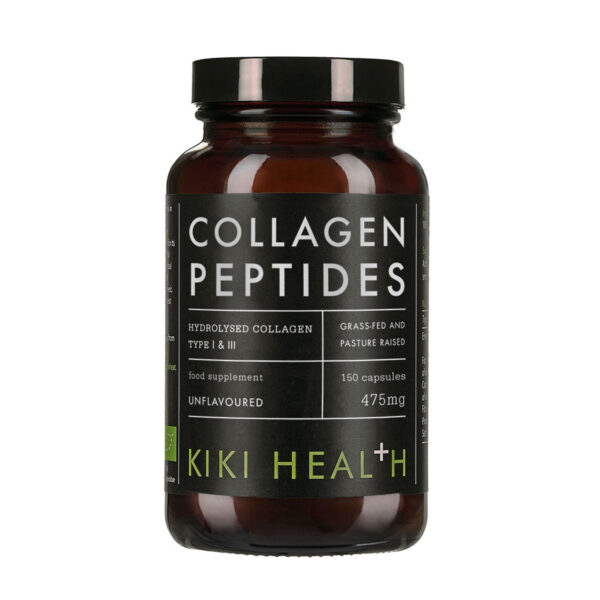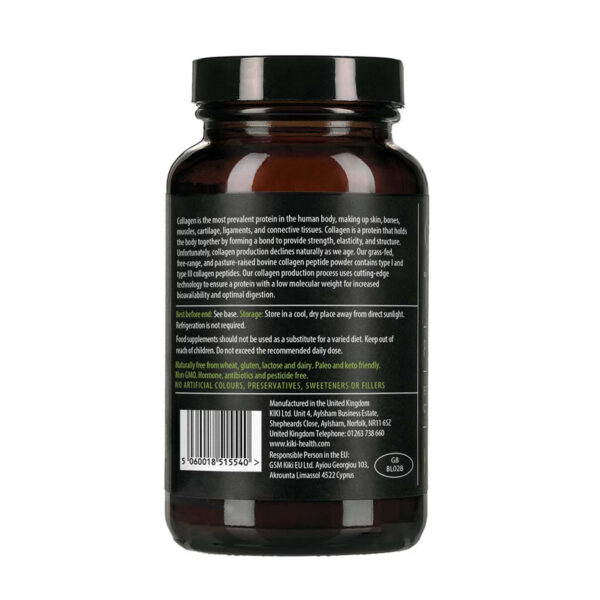Winter time and food supplements – how to protect yourself and make informed choices?

Winter and the cold and dreary season is a challenge for the body – lack of sunlight, cold weather and the temptation to forget about a healthy diet for a while. In order to feel well and keep your immune system strong, it’s important to focus on a balanced diet and support your body with supplements when needed. The main vitamins and minerals to look out for in winter are vitamin D, vitamin C, zinc, B-group vitamins, magnesium, iron, Omega-3 fatty acids and probiotics.
Why is the winter period a challenge for the body?
Winter lifestyles and changing weather conditions present many challenges for our bodies:
- Lack of sunlight: The loss of sunny days reduces the body’s natural production of vitamin D, which can affect immunity, bone health and overall energy levels.
- Cold weather: Lower temperatures cause the body to expend more energy to retain heat, which can increase the body’s demand for certain nutrients, such as iron or B vitamins.
- Effects of central heating: in winter, we often spend time indoors, where central heating makes the air drier. We often spend a lot of time in the open air because the air is dryer, which can lead to dry skin and weakened mucous membranes, making us more susceptible to colds, coughs and viruses.
- Dietary habits: in winter, many people crave warming and often heavier foods. A lot of comfort food can lead to fewer fresh vegetables, fruit and lighter meals on the menu, which can deprive the body of some essential vitamins and minerals.
All of this creates the ideal environment to carefully review your diet and add the necessary supplements. Here’s an overview of the most important nutritional supplements to help you feel healthy and energetic in winter.
Vitamin D – the indispensable helper of sunlight
Why is vitamin D particularly important in winter?
Vitamin D is a fat-soluble vitamin that our body can produce itself in sunlight. During the summer months, with sufficient sun exposure, vitamin D levels in the body can be normal. However, in the dark of winter, when sunlight is scarce, vitamin D production drops significantly.
Why does the body need vitamin D?
- Strengthening the immune system: vitamin D supports immunity by reducing the risk of disease.
- Bone health: vitamin D promotes the absorption of calcium, making it key to bone strength and health.
- Supporting mood:Studies show that vitamin D deficiency can affect mood and lead to winter depression, or seasonal affective disorder.
How to choose the right food supplement?
Vitamin D is available in capsules, drops and tablets. It’s important to choose a product with a sufficient amount of the active ingredient (for example, 2000-4000 IU per day), but it’s always worth consulting a pharmacist or doctor to determine the right dose for you.
Check out the VitaPlus Vitamin D range HERE.
Vitamin C – an effective tonic for the immune system
Why is vitamin C indispensable in winter?
Vitamin C is a powerful antioxidant that helps fight free radicals in the body and supports immune cell activity. In winter, when the virus season is in full swing and upper respiratory diseases spread easily, a robust immune system is essential.
Essential properties and effects:
- Antioxidant protection: vitamin C protects cells from oxidative damage, helping the body to maintain integrity and resilience.
- Formation of collagen: Vitamin C is involved in the synthesis of collagen, which is important for the health of skin, bones, joints and blood vessels.
- Iron absorption: vitamin C promotes the absorption of plant-derived iron, which is particularly important for those with a predominantly plant-based diet.
How to get vitamin C?
Of course, the best source is fresh fruit and vegetables (e.g. peppers, citrus fruits, bitter ginger, blackcurrants). However, vitamin C can also be found in tablets, powders or pills. Liposomal vitamins are particularly effective and highly absorbable. During the winter months, it is possible to supplement one’s intake with a food supplement, but it is always wise to take care not to exceed the safe daily dose.
Choose the right vitamin C for you HERE.
Zinc – a powerful ally for the immune system
What makes zinc special?
Zinc is one of the most important minerals involved in hundreds of biochemical processes in the body. Although it is needed in small amounts, zinc deficiency can lead to a number of problems: delayed wound healing, hair loss, malnutrition or even more frequent infections.
Beneficial properties of zinc:
- Immune system support: Zinc helps white blood cells to function effectively, fighting viruses and bacteria.
- Skin problems: zinc helps to improve skin health and can relieve acne and dermatitis.
- Hormonal balance: zinc is involved in the regulation of several hormones, affecting both metabolism and reproductive health.
Winter deficiency:
In winter, when the menu tends to be more monotonous, zinc levels in food are often low. Meat (especially beef), nuts, seeds (e.g. pumpkin and sunflower seeds) and wholegrain products are good sources. If necessary, zinc supplements in the form of tablets or capsules can be taken, but the dose should be moderate (10-30 mg per day). Excessive intake may interfere with the absorption of other minerals such as copper.
Choose your zinc supplement HERE.
Omega-3 fatty acids – vital support for the heart and brain
Winter dietary bottlenecks
Omega-3 fatty acids are mainly found in fatty fish (salmon, mackerel, herring), but also in chia and flax seeds. In winter, many people consume less of these foods or prefer convenience foods, which are low in omega-3s.
Why are they important?
- Cardiovascular health: Omega-3 supports normal heart function by helping to keep cholesterol and blood pressure under control.
- Brain function: these fatty acids are structural units of the brain and support both cognitive performance and mood.
- Anti-inflammatory effect: Omega-3 fatty acids can help reduce inflammatory reactions, which can occur more easily in winter when we exercise less.
How to consume them in addition?
Good quality fish oil or krill oil capsules are a good choice. If you are on a plant-based diet, you might consider algae-based omega-3 supplements, which contain essential fatty acids (DHA and EPA) in appropriate amounts.
See the range of Omega-3 and other fatty acids HERE.
Group B vitamins – a source of energy and nervous system stability
B-group vitamins are a series of interrelated compounds (B1, B2, B3, B5, B6, B7, B9 and B12) that perform a number of functions in the body. They ensure, among other things, that our cells produce energy, that the nervous system functions optimally, and that our haematopoietic processes function properly.
Winter risk factors:
- Lower energy needs: we often take less exercise in winter, but if our diets are one-sided, we may be missing some B vitamins.
- Stress and fatigue:Dark days, little exercise and higher stress levels can exhaust the nervous system. B-group vitamins are just the thing to help the nervous system cope better.
- Vegetarianism: If the diet is poor in animal sources (such as eggs, dairy products, fish or meat), vitamin B12 can become critically low.
How to support vitamin B levels?
- With food: Eat meat, whole grains, legumes, nuts, seeds and green vegetables.
- Food supplements: both complex vitamin B preparations and products containing individual B vitamins (especially B12) are available. In winter, a few months’ course may be necessary.
You can find a selection of B vitamins HERE.
Magnesium – essential support for muscles and the nervous system
Why might magnesium be important in winter?
Magnesium is a mineral that is involved in more than 300 enzymatic reactions in the body. It helps muscles to relax, supports the nervous system and ensures normal heart function. Although not always obvious, a mild magnesium deficiency can manifest itself in muscle cramps, fatigue or sleep problems – symptoms that may be more likely to occur in winter.
Main sources:
Good sources of magnesium are wholegrain products, green leafy vegetables (e.g. spinach, kale), pulses, nuts, seeds and cocoa products. In addition, magnesium is available from pharmacies in various forms (magnesium citrate, magnesium glycinate, magnesium oxide, etc). The appropriate dosage depends on individual needs, but generally it is between 200 and 400 mg per day.
A wide range of magnesium supplements can be found HERE.
Iron – a supporter of blood and energy levels
Who can become iron deficient in winter?
Iron deficiency is not uncommon – it can be particularly common in women, vegetarians and vegans, as well as in people who do not get enough animal protein or vitamin C (which aids iron absorption) from their diet. The winter period is not conducive to plentiful intake of fresh, iron-rich fruits, so iron deficiency may go unnoticed.
Common symptoms:
- Fatigue, weakness, pale skin
- Shortness of breath, palpitations
- Poor performance in sports and daily activities
How to add iron to your menu?
Animal iron is more readily absorbed (meat, liver, eggs), but it is also possible to get enough from plant sources (pulses, spinach, beetroot) when combined with vitamin C-rich foods. As a supplement, iron is available in the form of tablets or drops. As excess iron can be harmful to the body, it is worthwhile having a blood test before taking iron supplements to determine the actual requirement.
Find out more about the iron supplements we offer HERE.
Probiotics – your gut’s winter defence
What role do probiotics play?
Probiotics are beneficial bacteria that live in our gut and help maintain a healthy microflora. The strength of the immune system is closely linked to the state of the gut, as nearly 70% of immune cells are located in the digestive system.
Benefits of using probiotics in winter:
- Boosting immune defence: a healthy gut is better able to resist pathogens.
- Supporting digestion: a slower pace of life and less mobility in winter can slow digestion. Probiotics help keep digestion working consistently.
- Alleviating skin problems: Dry winter air can cause skin problems, which can also be contributed to by an imbalance in the gut. Healthy microflora can help keep skin in better condition.
Sources and options:
Probiotics can be obtained from fermented foods (sauerkraut, kimchi, kefir, yoghurt), but during the winter months, taking them as a food supplement is an easy and convenient way to ensure stable levels of ‘good bacteria’ in the body. Probiotics are available in both capsule and liquid form.
See the range of probiotics HERE.
Practical tips for winter health care
- Test your vitamin levels: if possible, do a blood test to see if your body needs extra vitamin D, iron or other nutrients.
- Combine supplements in the right dosage: for example, too much vitamin C can cause indigestion. If too much vitamin C can lead to excess intake of too much vitamin C, you may get excessive intake of vitamin C. Be sure to follow the instructions on the package or consult your doctor.
- Don’t forget exercise: even a short walk in the fresh air supports circulation, metabolism and helps the body to better absorb nutrients.
- Drink enough fluids: During the heating season, the air tends to become drier and your body needs more water. A lack of water can aggravate fatigue and prevent the absorption of nutrients.
- Different ages, different needs: elderly people, children, people who exercise intensively, pregnant women and people with chronic diseases may need different amounts of supplements.
It’s worth remembering that no food supplement is a substitute for a varied and healthy diet, and adequate exercise and quality sleep remain important at all times of the year. Supplements are a means of giving the body a boost, but they should be part of a wider healthy lifestyle. It is also always worth consulting a health professional or doctor to determine the best dosages and products for you.
This way, you can ensure that winter becomes a season filled with health, wellbeing and energy, rather than a period of constant fatigue or recurring colds.
This article is for information purposes only and is not a substitute for medical advice. Consult your family doctor or a competent health adviser before introducing any new supplements or increasing your dose.





